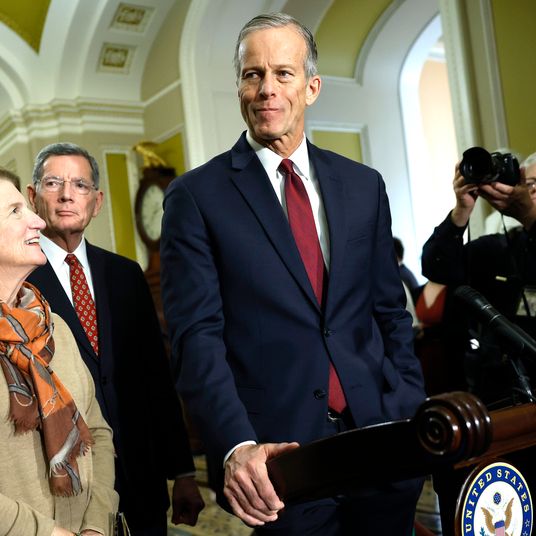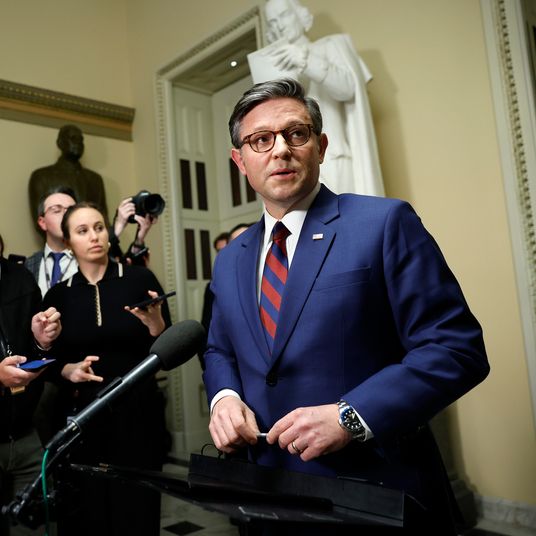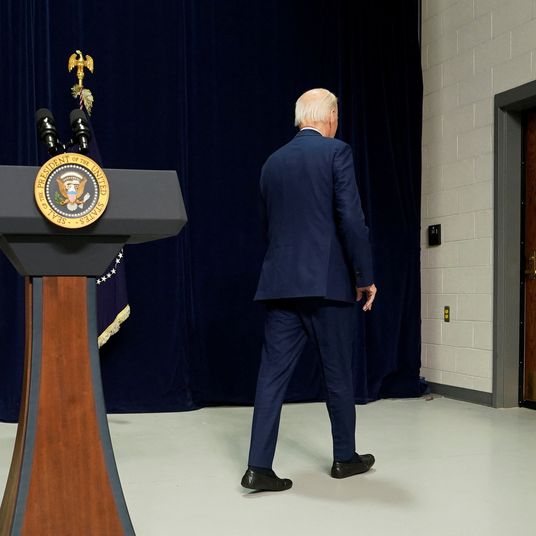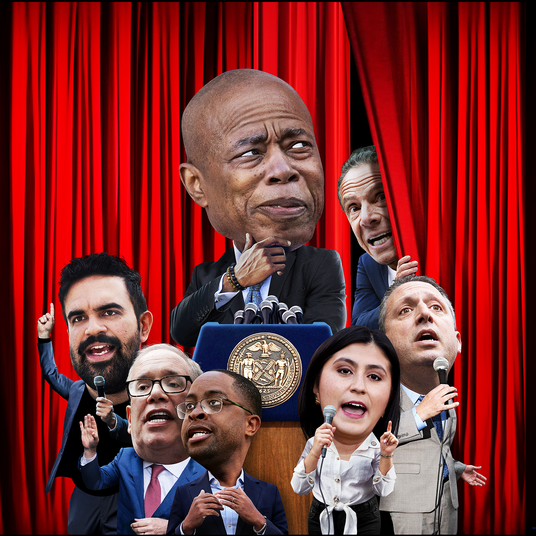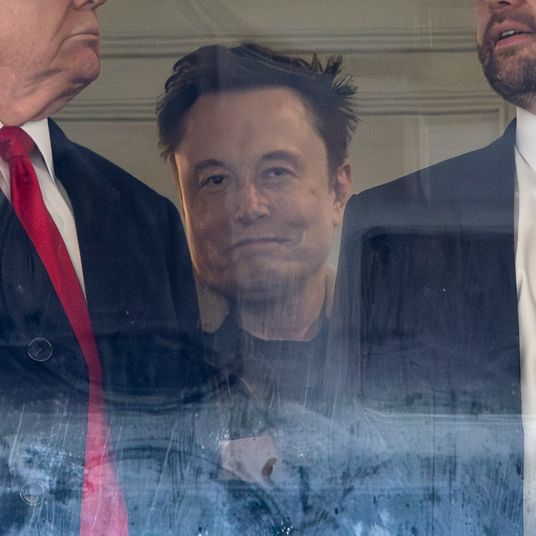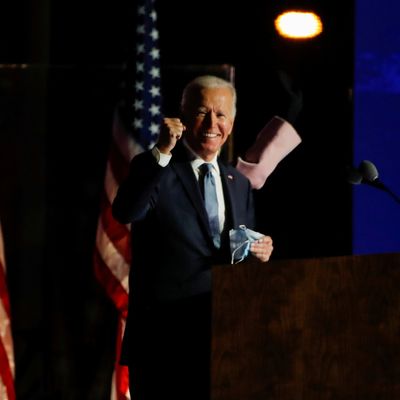
After all the madness of this plague year, and a surprising if hardly unprecedented Election Night full of uncertainty, the presidential election produced the most predictable outcome available. The least-controversial candidate the Democratic Party could have nominated defeated an unpopular incumbent at a time when the country feared for the future and craved stability.
President Trump and his partisans — if they ever come clean and stop raving about voter fraud — will certainly argue that he was robbed of a second term by the “China virus” and its impact on the “greatest economy ever” that he claimed as a personal accomplishment. But the president’s job-approval rating was the lowest this year in January, before the pandemic began, and reached its highest point in March, when the first big wave of COVID-19 infections and deaths had already hit. Trump’s reelection bid made the voting inevitably a referendum on his presidency, and the negative judgment Americans rendered on his performance never varied enough to matter for the ultimate outcome. His strategy of polarizing the electorate, energizing his base, and demonizing the opposition never varied, either; those waiting for a Trump “pivot” to a positive case for his record or a clear-cut presentation of his agenda waited in vain.
If Trump relied excessively on painting a caricature of the “Democrat” party and its “socialist” plans and love for looters and terrorists and open borders, then by nominating Joe Biden, the Democrats made that caricature even more incredible than it might have otherwise been. In the end, it was all but impossible for persuadable voters to imagine Uncle Joe in a Che Guevara T-shirt, lustily closing churches and partying with antifa “thugs.” And Trump’s alternative efforts to suggest Biden is the senile stooge of “the Squad” or the “communist” and “monster” Kamala Harris didn’t fare much better, since she regularly outclassed him in coherence and self-discipline. We’ll never know how Bernie Sanders or Elizabeth Warren or Pete Buttigieg or Harris herself might have fared as a presidential nominee against Trump. But the two abiding things about the 45th president have been his unpopularity and his inability to disguise or even distract from the aspects of his personality that made nearly half the electorate rule out even the possibility of voting for him. The fact that he outperformed his poll numbers doesn’t change any of that, as will become clearer as the final votes are counted and Biden’s popular-vote and electoral-vote margins swell.
It became obvious well before Election Day that Trump’s only realistic hope for reelection was to hold down turnout among the majority unhappy with his performance and then seek via legal and political chicanery to eke out an Electoral College win by the kind of small miracle he achieved in 2016 or by contesting the results. Far and away the most consistent presidential message of the entire 2020 cycle was his relentless series of attacks on voting by mail, which succeeded in convincing many millions of Republicans to vote in person on Election Day and to suspect mail ballots as presumptively illegitimate. But when Trump pulled the trigger late on Election Night by claiming a premature win, he simply did not have the credibility to bring along his party and Fox News into a coup attempt.
President-elect Biden, as is increasingly obvious, is going to have a very tough row to hoe. It is unlikely Democrats will control the Senate, which could make executive and judicial confirmations problematic and place any comprehensive progressive agenda, including the crucial step of filibuster reform, beyond his reach. Democrats also lost ground in the House. Beginning with a Senate runoff (or possibly runoffs) in Georgia in January, we will enter a 2022 midterm cycle in which emboldened Republicans will give no quarter and Biden will have no honeymoon. Democratic intra-party tensions that were briefly submerged by the drive to topple Trump will reemerge, particularly if it appears the new president will not seriously consider running for a second term.
But make no mistake: Biden did topple Trump, albeit by a much narrower margin than recently expected, and in the end that’s all that he really promised Democrats. Big policy ambitions ranging from urgent climate-change activism to health-care reform to voting rights and an assault on economic inequality will take a back seat to efforts to get a grip on the pandemic and avoid all sorts of catastrophes. Demographic change is still on the Democratic Party’s side, even though, as we have learned yet again, its progress can be uneven. Biden is arguably the perfect transitional figure for his party and his country. And the 46th president will have a secure place in American history for having defeated the 45th.










